
- This event has passed.
ONLINE: 2021 CIE/USA-DFW Technical Seminar
September 18, 2021 - 2:00 pm - 4:00 pm
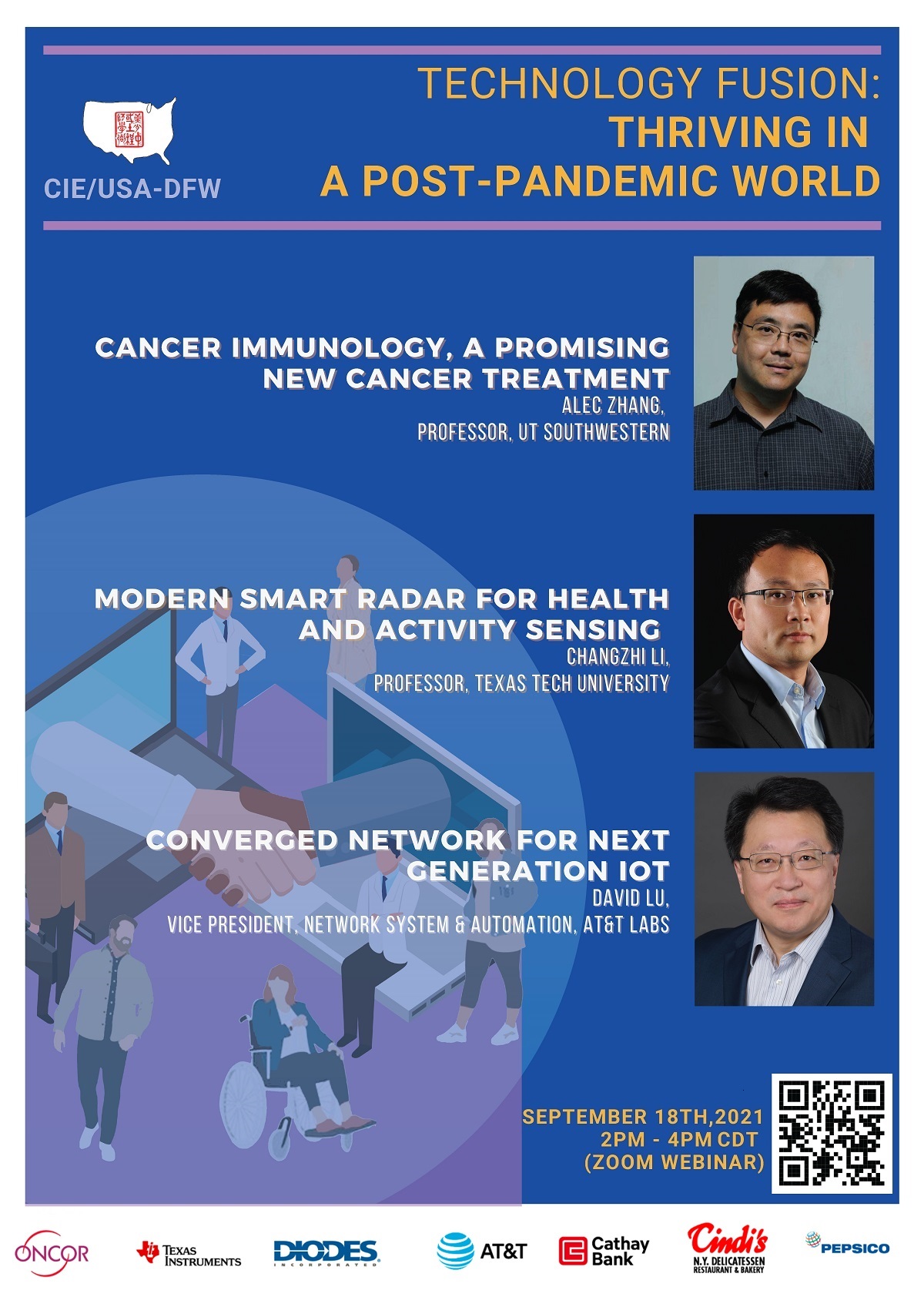
REGISTRATION
- Technical Seminar (9/18) (Closed)
Technology Fusion: Thriving in a Post-Pandemic World
Thanks our speakers–Alec Zhang, Changzhi Li and David Lu for the wonderful presentations. They are very informative topics about the current progress on cancer treatment and the prospect for the next 20 years; how the modern radar technology changes our life in the future; the history of networking and the future 5G revolution.
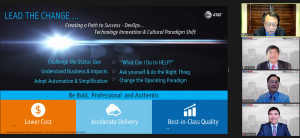
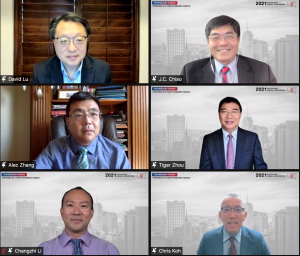
Technical Symposium Speaker Profiles:
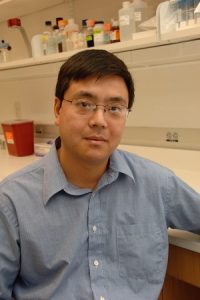
Speech Title: Cancer Immunotherapy, a Promising New Cancer Treatment
Speech Abstract: Our immune system, consisting of numerous types of immune cells, constantly recognizes and eliminates continuously arising newly mutated cells, preventing us from getting cancer. Nevertheless, this immune surveillance can be overcome by cancer. The cancer can also convert immune cells in the tumor environment from being anti-tumor to tumor-supportive. Fortunately, the most recent progression of biomedical research has enabled us to develop novel cancer immunotherapies that serve as a new generation of therapy for cancer treatment. I will introduce three types of these immunotherapies: immune checkpoint blockade (represented by the PD-1 antibody therapy), CAR-T cells (currently only for blood cancers), and personalized cancer vaccine (still in clinical trials). I will also list examples of ongoing research that looks promising for the advancement of immunotherapy and discuss future perspectives.
Dr. Alec Zhang, Morton H. Sanger Professorship in Oncology and Michael L. Rosenberg Scholar for Biomedical Research at UT Southwestern, earned his B.S. from USTC and Ph.D. from UIUC. After postdoctoral training at MIT, he established his lab at UT Southwestern in 2007. He is studying immune surface molecules and developing novel therapies for cancer treatment. He published >100 peer-reviewed articles, and was a recipient of several awards, including American Society of Hematology Junior Faculty Scholar Award and Leukemia & Lymphoma Society Scholar Award. Several antibodies targeting novel checkpoint proteins developed by his team are in pipeline for therapeutic development.
Changzhi Li, Professor, Department of Electrical and Computer Engineering, Texas Tech University
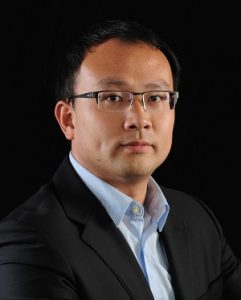 Speech Title: Modern Smart Radar for Health and Activity Sensing
Speech Title: Modern Smart Radar for Health and Activity SensingSpeech Abstract: Portable radar sensors have great potential to improve future healthcare, security, transportation, and human-machine interface, by remotely sensing various life activities with electromagnetic signals. This presentation will first provide an overview of modern smart radar sensors based on advanced electrical and computer engineering technologies such as state-of-the-art semiconductor chips and algorithms. Application examples will be presented on non-contact human vital signs monitoring, wireless human-computer interface, continuous driving behavior recognition, indoor user localization, and activity classification. For smart radar sensors in the healthcare, automotive, IT industry, and for smart living sectors of daily life, measures to enhance their robustness against interference and security attacks will be discussed. Finally, this talk will conclude with future industrial and academic R&D outlooks for smart radar sensors.
Changzhi Li is a Professor and Whitacre Chair in Electrical and Computer Engineering at Texas Tech University. His research interests focus on microwave/millimeter-wave sensing for healthcare, security, energy efficiency, and human-machine interface. He was a recipient of the American Society for Engineering Education (ASEE) Frederick Emmons Terman Award, given to one professor in Electrical and Computer Engineering every year. He will be the Technical Program Chair for the 2022 IEEE Sensors Conference to be held in Dallas.
David Lu, Vice President, Network Systems & Automation, AT&T Labs
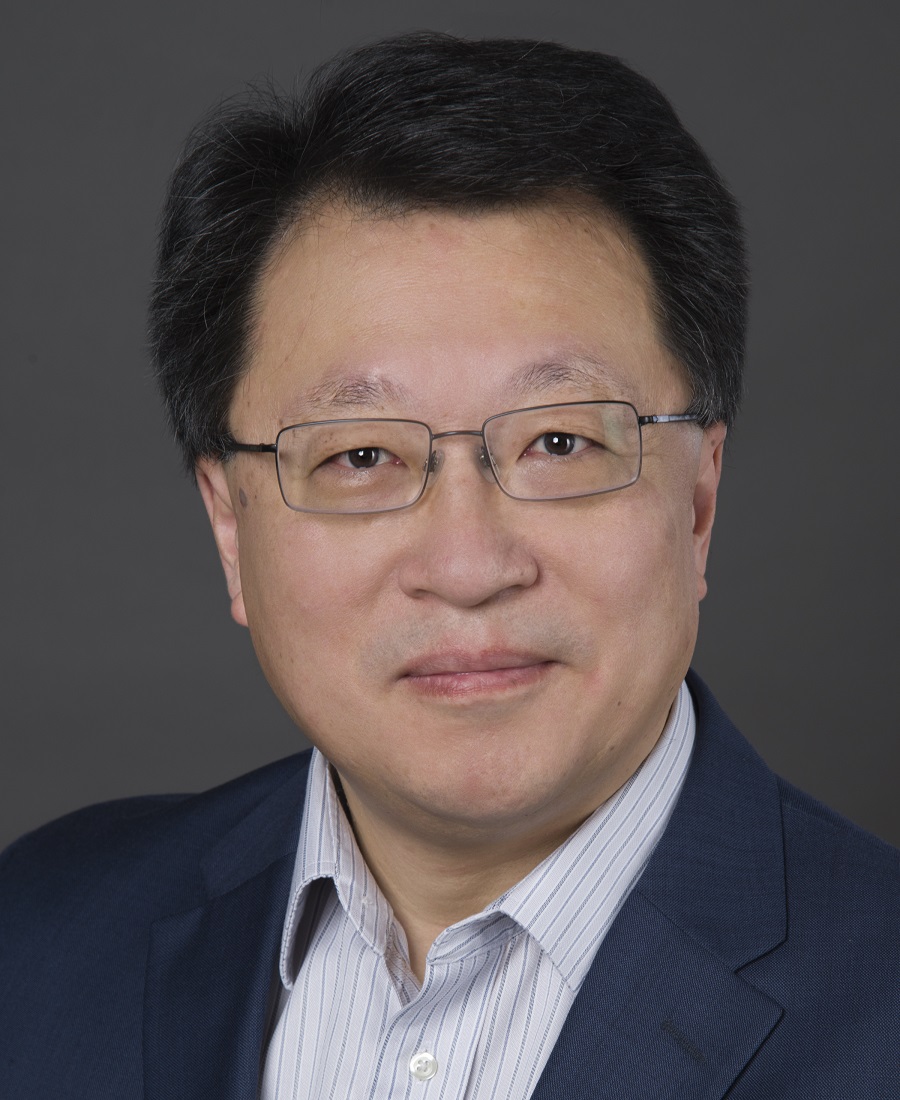 Speech Title: Converged Network for Next Generation IoT
Speech Title: Converged Network for Next Generation IoTSpeech Abstract: The rapid advancement in mobile and broadband technology has opened previously unimaginable new use cases. Technology advancements including the convergence of hardware and software, physical and virtual devices, open architecture, industry based APIs, ultrafast speeds with extremely low latency, high capacity, improved reliability and security, and AI enabled sensors are rapidly changing the business landscape. All of these bring forward unprecedented opportunities for entrepreneurship and new applications.This talk will focus on the evolutionary path of converged network technologies, e.g., wireless broadband, fiber broadband, SDN, and 5G, in the past decade and the journey into the next decade that will unleash the power of innovation with extraordinary speed and scale.
David Lu currently leads a global team of more than 2,500 people responsible for the architecture, development and engineering of AT&T’s next generation SDN (Software Defined Network) automation platform and open source (Linux Foundation ONAP) enabling AT&T’s network virtualization and target network systems transformation including PaaS & SaaS, policy control & orchestration, hyper-automation and AI/ML driven data analytics. He is the recipient of number of industry awards including IEEE CQR Chairman’s Award, CIO 100 Award, CIE AAEOY Award, and currently holds 53 patents. He is also a frequent speaker at industry conferences and community forums.
